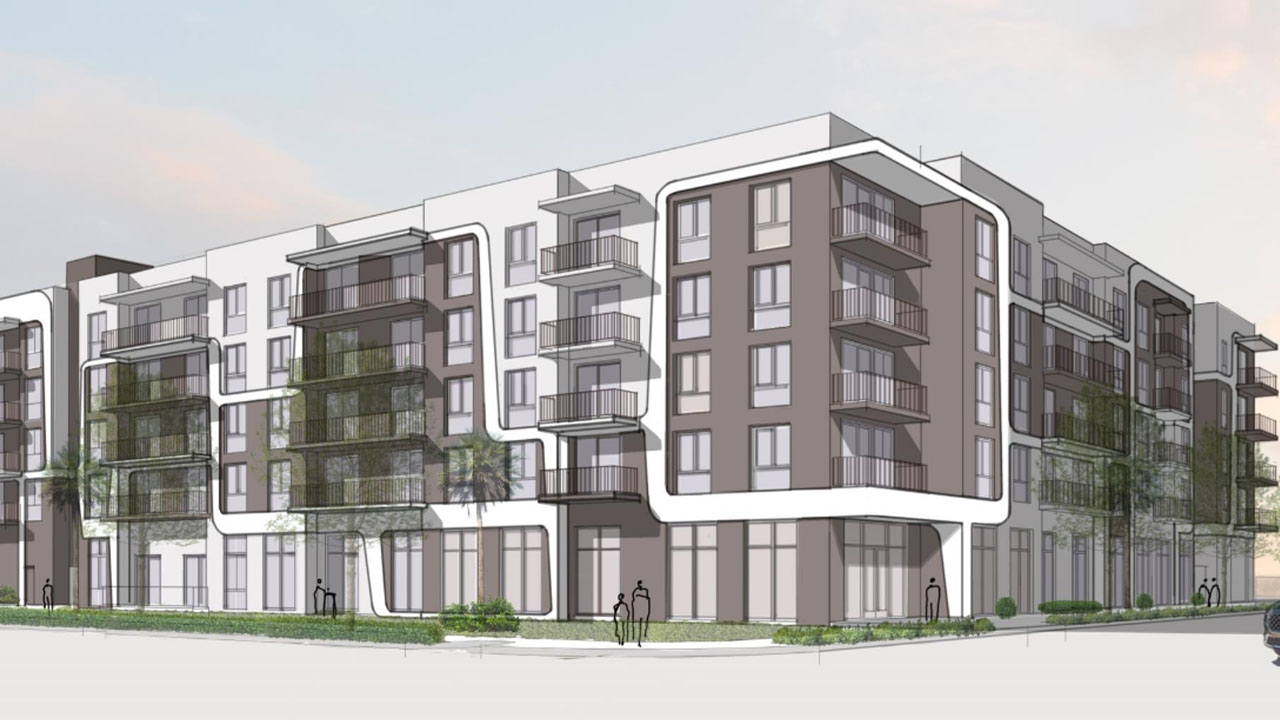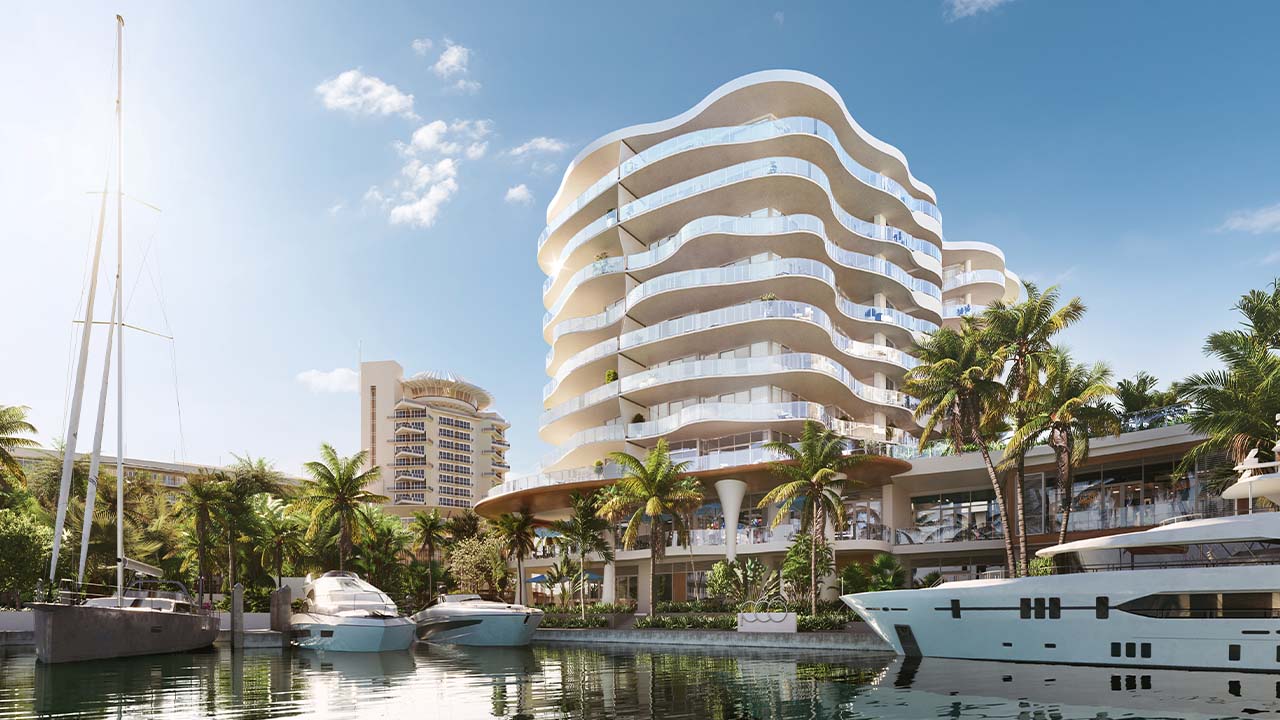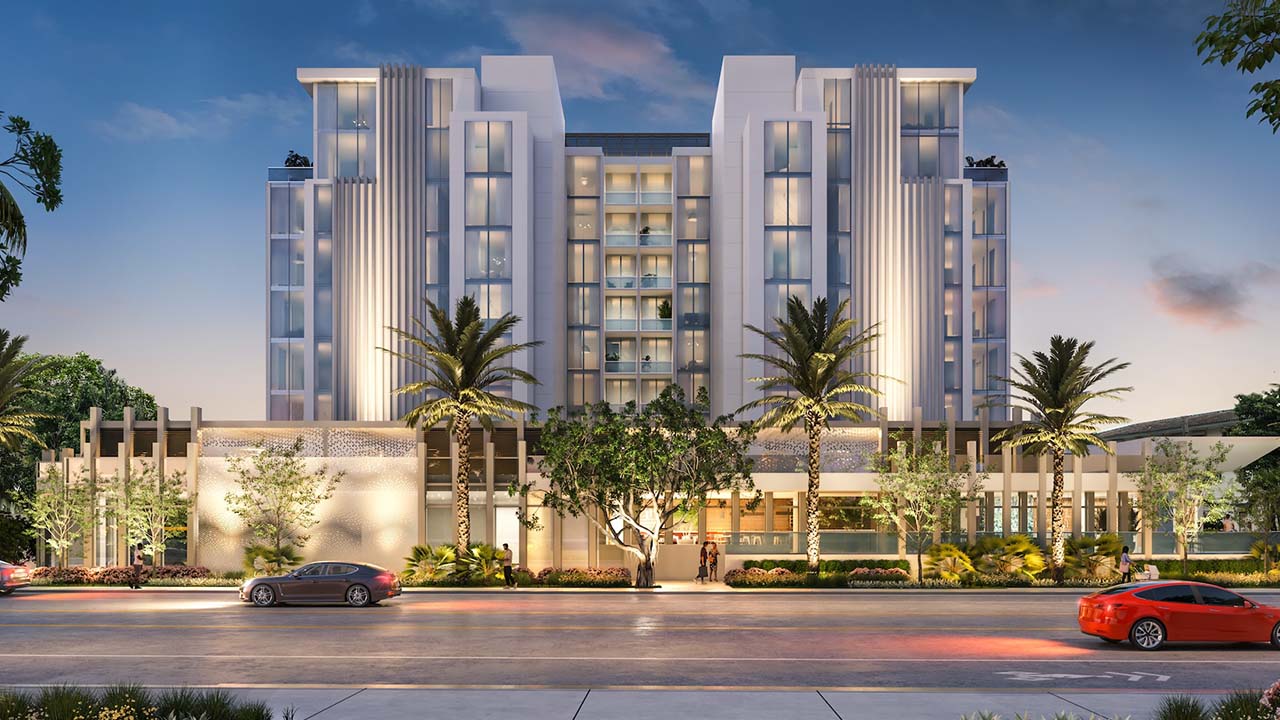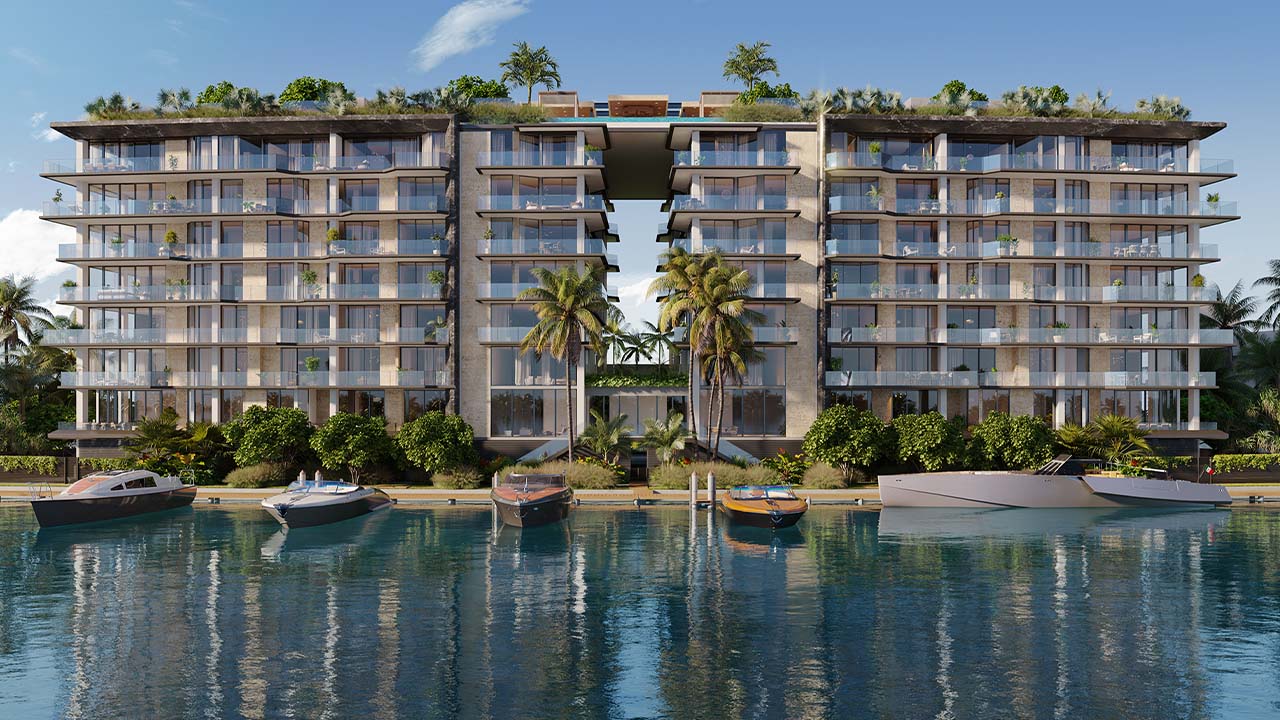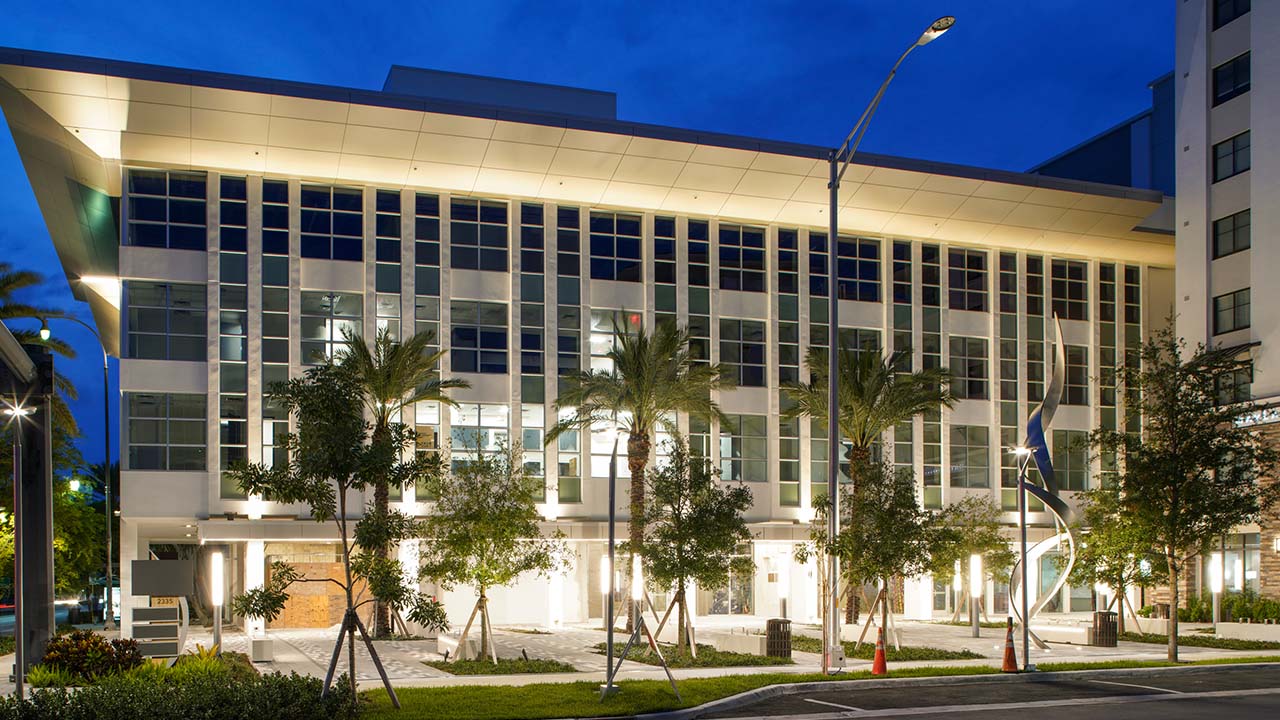1. Depreciation is your friend. The largest single deduction for a rental property is often depreciation. Residential real estate can be depreciated over 27.5 years, but to depreciate the property, it is important to know which costs would get capitalized into the property to determine the investors’ basis for depreciation. Basis would include the cost of the property; other capitalized costs include costs of acquisition such as commissions, title fees, transfer taxes and similar expenses. Note, there are other depreciable assets that can be depreciated over a smaller period, such as home appliances.
2. Items that the tenant doesn’t pay for (and you do) are tax deductible. These include HOA fees, utilities, cable and Wi-Fi (essentially, items not paid directly by the tenant). Other types of expenditures eligible for deduction would be compensation paid to employees or independent contractors for managing the property.
3. Keeping up appearances. The costs of repairs are currently deductible; examples include painting, replacing broken windows, plumbing repairs and similar items. Maintenance would include items such as pest control, landscaping, replacing HVAC filters and other related items. Now, an investor may deal with certain expenditures that go beyond mere maintenance and repairs, such as replacing a roof. These types of expenditures are capital improvements and are capitalized and amortized over a period specified by the Treasury Department.
4. Limits on deductions. It is important to note that there are limitations on the allowable tax deductions/losses. The most common limitation is that costs cannot exceed the rental income by more than $25,000. Any unused losses can be carried forward and claimed against future income or they can be used when the property is sold.
5. Vacation rental properties. Sometimes an investor will purchase a property that they rent for part of the year and occupy for other parts of the year. These types of homes are sometimes referred to as “vacation properties.” In these situations, the deductible expenses are limited except for those expenses that would be deductible without regard to the business use of the property, such as mortgage interest and real estate taxes. If the owner uses the home in whole or in part for as little as one day, that use triggers the vacation home limits. Now, if the home is rented for less than 15 days a year, the owners cannot deduct any rental expenses, however, the related rental income is not taxable. In any year in which the owner uses the property for personal purposes or rent it for less than fair market value, the deductions for maintenance, depreciation, utilities, etc., cannot exceed the percentage of the total expenses for the year attributable to the period the unit is rented at fair rental.
6. Out-of-state investments. As a Florida resident, an individual is not subject to state income tax; however, if the investment property is in another state, that state may require that the owner file a tax return regardless of whether the rental property has any positive income. Some states will also charge an occupancy or rental tax, so it is important to know the rules that exist in any state in which you own rental property. (A good property management company should be able to guide you through the property registration process and even pay—and bill you for—the state taxes.) For example, Florida imposes a lodging tax on short-term rentals, which is defined as any rental of six months or less.






